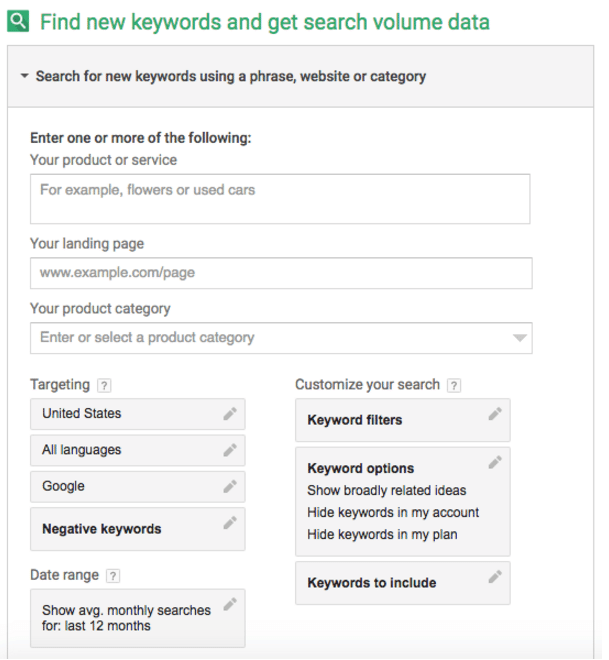Check our premium B2B SEO services to accelerate your traffic, leads, and sales.
One of the first marketing projects for most startups is to create a website. The new world of “search first” marketing requires that a company have a website in order to get found. Sure, you can advertise, you can attend trade shows, and you can issue press releases, but most of the people you reach will want to visit a website before contacting you.
Getting found when you’re new can be challenging. When building a website, it is important that it be optimized for search engines so that you make it easy for people looking for the kind of solution you offer to find your site. Search Engine Optimization (SEO) is the art and science constructing sites that remove as much friction as possible between searchers and the information they want.
Here are 4 SEO tips for startups to help you optimize your websites for search.
- Keyword research. This is the sciencey part of SEO. When people search for something, they use certain words to launch their search. Understanding the terms people enter into search engines, and building content around those search terms is critical to getting found. Google Keyword Planner is a great tool for researching keywords as it leverages Google’s vast search history. You can enter terms you think people will use, and the planner will tell you how many times that term is used each month, and it will give you an idea of how much competition there is for that term by showing you how much it would cost to use it for a Google ad.

- URL, meta titles, and headings. These are the web page elements search engines read to determine what your page is about, and to decide when to serve it up. It is important to have clear, descriptive URLs and a hierarchy that helps search engines understand what each of your pages is about. Some web development platforms automatically generate URLs, which you want to avoid. The URL, page title, and “H1” headings should also focus on the same message. They don’t have to be identical, but they should a) relate to the topic of the page and b) use the keywords you’ve identified as likely to be used by your target audience.
- Meta descriptions. Meta descriptions are key to getting clicks. They aren’t read by search engines but they are read by people when the search engine results appear. These are snippets that appear in the search results. You want them to get clicked. For example, if someone is searching for a marketing agency in the San Francisco area, they might see this (screenshot below). Meta descriptions are entered in your content management system (WordPress, Drupal, etc.). It is important that they engage the viewer and address what you think their pressing needs will be.
- Quality content. OK, now we come to the art. Google focuses relentlessly on user experience. We don’t know exactly what this means in terms of its search algorithms, but we do know that is looking for content people like. It is important to create very high-quality writing and information. Some measurements include content that is shared, content that is returned to, and content that is consumed for a longer period of time. Penalties come for things like rapid page exits (bounces). It is important to think through the issues that are of primary concern in your industry and to write web pages, blog posts, case studies, and other content that addresses those issues and helps people solve problems. Salesy material doesn’t usually work. Pages that aren’t related to the meta title and meta description don’t work. The days of trying to trick people into clicking on something are, thankfully, over.
These are the basics of SEO for startups. It is important to get started quickly, as your older competitors will have an advantage in ranking against the most common keywords in your industry. Publishing content frequently helps your SEO clout, so blogging to help, not sell, is also recommended.
